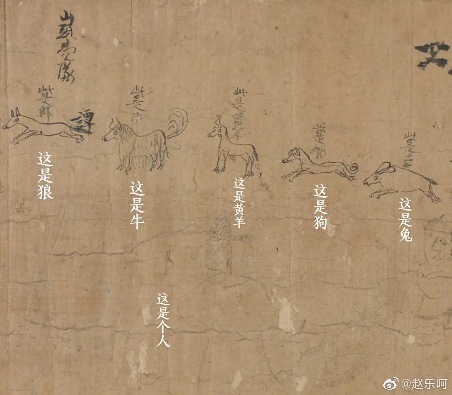The following article is so revelatory, at least for me, that I wish I could copy it entirely. Since that's not what we do at Language Log, I will just quote the opening portion (probably less than a quarter of the total essay), while pointing to a few additional highlights, and encourage others who are interested to read the whole piece (4,700 words):
"Africa writes back: European ideas of African illiteracy are persistent, prejudiced and, as the story of Libyc script shows, entirely wrong", Aeon (6/17/21), by D. Vance Smith, edited by Sam Dresser
Four different writing systems have been used in Algeria. Three are well known – Phoenician, Latin and Arabic – while one is both indigenous to Africa and survives only as a writing system. The language it represents is called Old Libyan or Numidian, simply because it was spoken in Numidia and Libya. Since it’s possible that it’s an ancestor of modern Berber languages – although even that’s not clear – the script is usually called Libyco-Berber. Found throughout North Africa, and as far west as the Canary Islands, the script might have been used for at least as long as 1,000 years. Yet only short passages of it survive, all of them painted or engraved on rock. Everything else written in Libyco-Berber has disappeared.
Libyco-Berber has been recognised as an African script since the 17th century. But even after 400 years, it hasn’t been fully deciphered. There are no long texts surviving that would help, and the legacy of the written language has been one of acts of destruction, both massive and petty. That fate, of course, is not unique. It’s something that’s characteristic of modern European civilisation: it both destroys and treasures what it encounters in the rest of the world. Like Scipio Africanus weeping while he gazed at the Carthage he’d just obliterated, the destruction of the other is turned into life lessons for the destroyer, or artefacts in colonial cabinets of curiosities. The most important piece of Libyco-Berber writing was pillaged and sold to the British Museum for five pounds. It’s not currently on display.
Read the rest of this entry »

